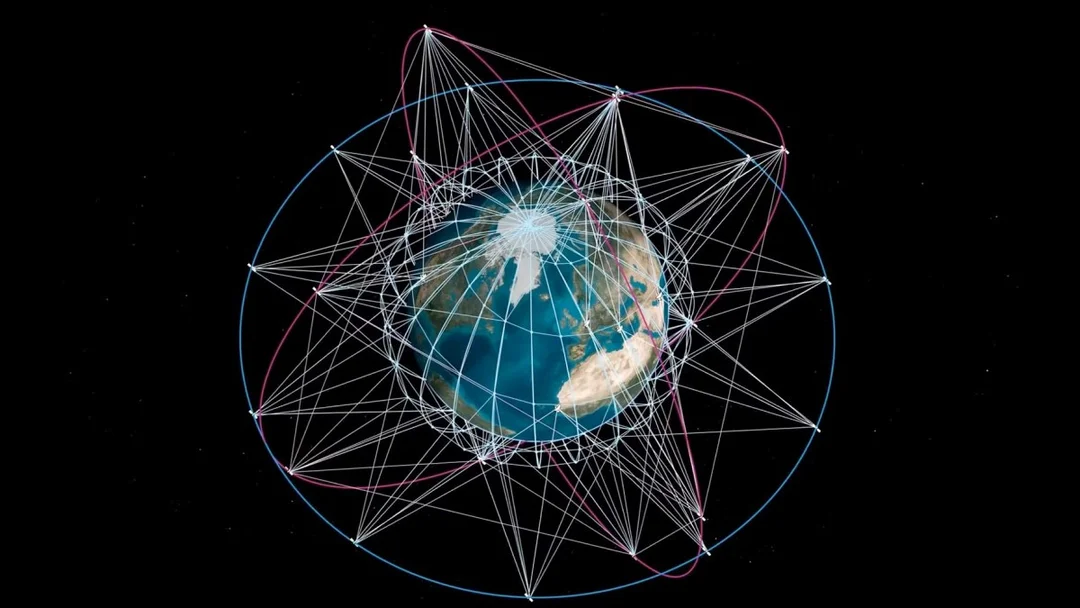
Europe’s Space Ambitions: IRIS² Faces Skepticism Amidst Launch Success and Funding Challenges
Europe is making strides in the space industry, but challenges remain. The launch of the Spectrum rocket, while ultimately unsuccessful, signaled a new era for European space startups. However, skepticism looms over the ambitious IRIS² (Infrastructure for Resilience, Interconnectivity and Security by Satellite) project, a planned satellite constellation designed to enhance connectivity and security.
IRIS²: A Key Opportunity or Dead in the Water?
Stéphane Israël, former CEO of Arianespace, champions IRIS² as crucial for Europe's independence in a market increasingly dominated by SpaceX's Starlink. He argues that the project is essential to avoid reliance on non-European capacity, especially given current geopolitical disruptions. Martin Haunschild of Mynaric echoed this sentiment, highlighting the need for European independence in communication systems.
However, not everyone is convinced. Sven Meyer-Brunswick of Alpine Space Ventures bluntly stated, "I think IRIS² is dead in the water, frankly." He criticized the project's competitive approach and suggested Europe should emulate the U.S. Space Force's Space Development Agency, which develops constellations in tranches and awards contracts diversely. He argues that this leads to greater cost efficiency and innovation.
Funding and the Business Case
A significant hurdle for IRIS² is its funding model. As a public-private partnership, SpaceRISE is expected to provide 4.1 billion euros of the constellation's 10.6-billion-euro cost. Investors are wary of the consortium's ability to raise this capital, citing concerns about the business case. Daniel Biedermann of NewSpace Capital believes there's limited commercial demand for IRIS², viewing it as a sovereign public network with questionable investor appeal. Private investors seem reluctant to fund the project.
Sandrine Bedat of BPI France suggests institutional investors are more open but require more information about the system. Any BPI France involvement hinges on the involvement of French companies.
Jean-Hubert Lenotte of Eutelsat insists that IRIS² can serve both commercial and government customers, highlighting its dual-purpose nature. Laurent Jaffart of the European Space Agency (ESA) believes IRIS² will offer technical advantages like 5G integration, and can do more with fewer satellites, with potential growth over time.
Spectrum Rocket Launch and European Space Startups
Adding to this complex picture, Europe celebrated its first orbital rocket launch from European soil with the Spectrum rocket from Isar Aerospace.
The ESA is actively supporting commercial initiatives through programs like Boost, awarding funding to startups to elevate Europe's launch capabilities. Other companies like Rocket Factory Augsburg and Orbex are readying for their own future missions, suggesting that the sector is set to grow.
Addressing Space Debris
As the number of satellites increase so does the amount of space debris. One major concern is the increasing amount of space debris in orbit, prompting companies like SpaceFlux to develop solutions.
Investing in the Future
Europe is focusing on STEM education to secure its future in aerospace. The European Space Education Resource Office (ESERO) and startups like AmbaSat are initiatives to encourage education and inspire the next generation.
Challenges and Opportunities
The path for Europe in the space sector isn't without challenges. Cost growth, collaboration, and standardization are important aspects to consider. Tom Stroup (President, Satellite Industry Association, SIA) suggests that partnering is the key in the ever-changing satellite industry for smaller companies. There is not enough funding for every idea in the sector.
Will Europe be able to fund its mega-constellations and foster a thriving space ecosystem? The coming months will be critical in determining the fate of IRIS² and Europe's broader ambitions in space.
What do you think? Will Europe achieve true independence in space, or will funding challenges and skepticism hinder its progress? Share your thoughts in the comments below!